
Recessions are challenging times for everyone, especially when it comes to housing. Facing the housing market during an economic downturn can be difficult, whether you’re a homeowner concerned about your property’s value or a buyer searching for a good deal. A clear grasp of home price movements is vital for making decisions that guarantee financial security and assist you in taking advantage of available opportunities.
Understanding Recession’s Effect on Home Prices

Home prices often decline when economic conditions worsen, but this isn’t always true. Economic downturns reduce demand for housing as job losses and tighter lending practices make it harder for people to buy homes. This decreased demand typically leads to lower prices, though the extent differs based on factors like location and property type.
Employment and Housing Demand Connection

When the economy contracts, job losses are expected, directly impacting the real estate sector. When people lose jobs, fewer can afford to buy homes, which leads to a decrease in demand. This lower demand, which results in falling residential values, turns it into a buyer’s market, specifically in regions hit hardest by unemployment.
Lending Practices Tighten During Recessions
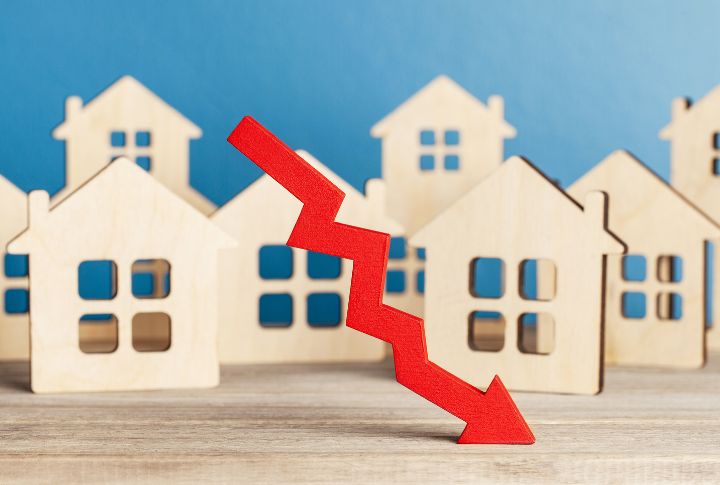
Lenders often enforce stricter lending standards amidst financial slumps, making it more difficult for potential buyers to qualify for mortgages. It restricts access to credit and further reduces demand for homes. With fewer buyers able to secure financing, home prices tend to decline, sometimes significantly.
The Role of Consumer Confidence

Recessions often lead to a drop in consumer confidence. People become more cautious about making big financial decisions, like buying a home; due to this hesitation, prices dip, and demand in the property market decreases. However, this can also create opportunities for those who are financially secure.
How Luxury Properties Are Affected
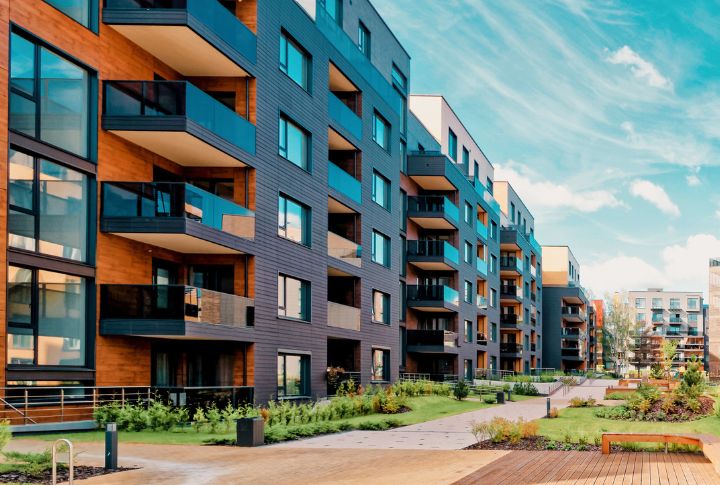
High-end properties are often hit harder during recessions. Wealthier homeowners are more sensitive to stock market fluctuations and may face financial pressures that lead them to sell. These homes can see steeper price drops than mid-range or lower-priced properties, making luxury markets more volatile.
Urban vs. Rural Market Differences
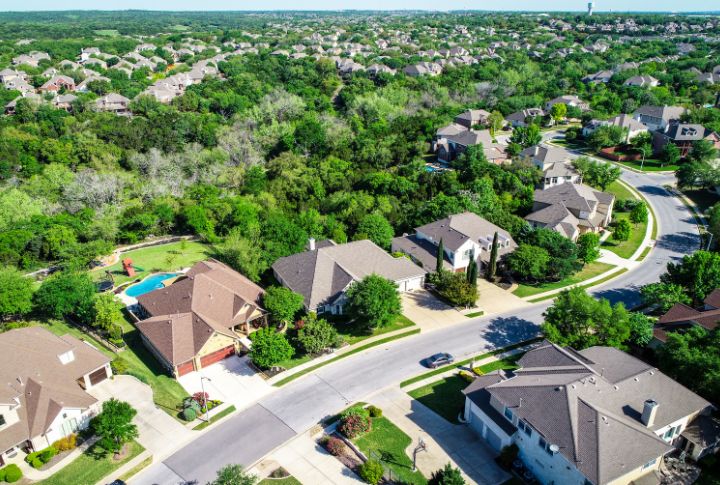
Location plays a critical role in how property values react throughout a recession. Urban areas, especially those already struggling, may see significant price declines. In contrast, rural or suburban areas might experience less impact, as they tend to attract buyers looking for safer, more affordable living options.
New vs. Existing Homes in a Recession

Newer homes may be more vulnerable to price drops during a fiscal crisis. Developers who halt projects may have unfinished properties that are hard to sell. Established neighborhoods, with completed homes and more stable values, tend to weather economic downturns better by maintaining their price levels.
Historical Recession Trends
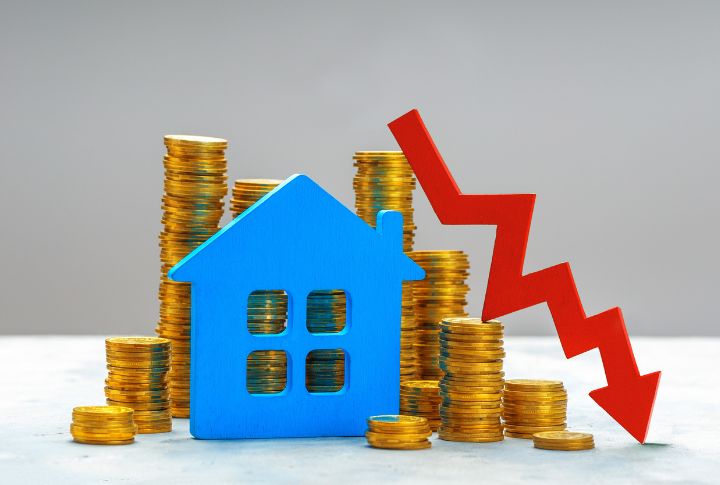
A look at past recessions shows that residential values typically fall, but not uniformly. For example, during the Great Recession, home prices in the U.S. dropped by over 30%. However, during milder recessions, the reductions were much smaller. Being aware of these trends can help predict future market behavior.
The Impact of Interest Rates
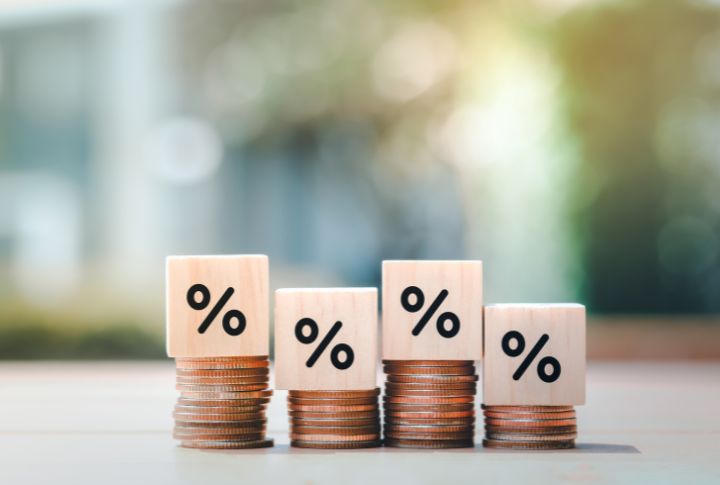
Lower interest rates often follow economic downturns as governments try to stimulate the economy. While this can make borrowing cheaper, it doesn’t always offset the effects of job losses and decreased demand. Lower rates can help stabilize prices, but they aren’t always enough to prevent declines.
Foreclosures and Their Effect on Prices

During a recession, foreclosures tend to increase as more homeowners struggle to pay their mortgages. An influx of foreclosed homes can flood the market, further lowering prices. Buyers might find deals, but these homes often need significant repairs that add to the hidden costs.
The Role of Government Interventions
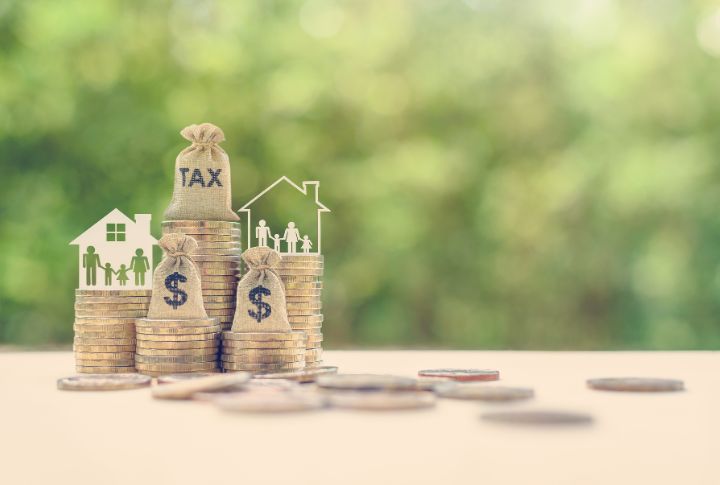
Government policies can significantly influence housing prices throughout a recession. Tax incentives for buyers or programs to help struggling householders can stabilize the market and even prop up prices in some areas. Despite this, the effectiveness of these measures varies widely.
Is It a Good Time to Buy?

Purchasing a home amidst a recession can be advantageous if your financial situation is stable. Lower prices and interest rates make homes more affordable, but the risks of job loss or further price drops must be considered. Prospective buyers should thoroughly evaluate various aspects before reaching a decision.
Renting vs. Buying in a Recession
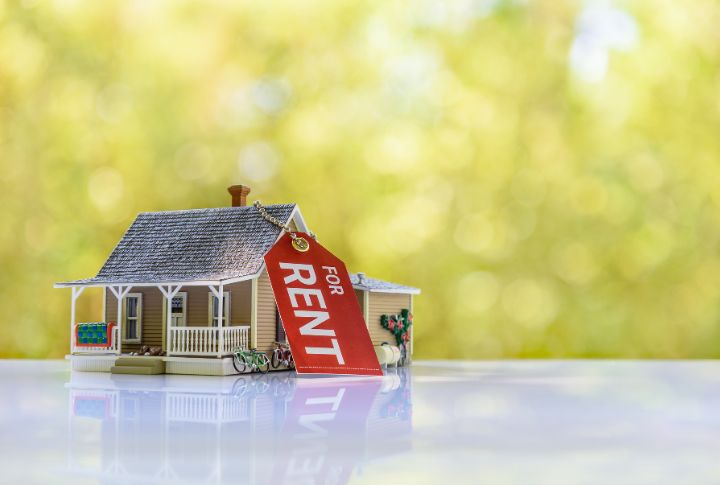
During recessions, more individuals opt to rent rather than buy, particularly if they face job instability. This increased demand can keep rental prices high, even as home prices fall. For some, renting offers a safer option until the market stabilizes, which allows them to avoid the risks associated with purchasing amid economic turbulence.
Preparing for Future Recessions

Householders can protect themselves by evaluating how recessions affect the real estate sector. Building equity, maintaining good credit, and keeping up-to-date with economic trends can help lessen the impact of future downturns on home values. Setting aside funds for emergencies can also offer a financial cushion.
The Bottom Line on Home Prices
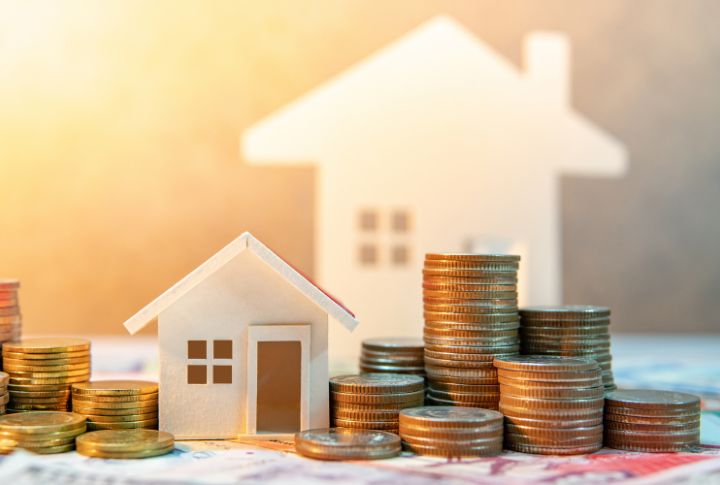
Housing costs often drop during recessions, but the extent varies. Factors like employment, location, and government intervention play critical roles. Understanding these can help buyers and property owners handle market changes when the economy dips by helping them make well-informed choices that safeguard their investments.

